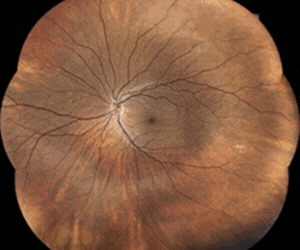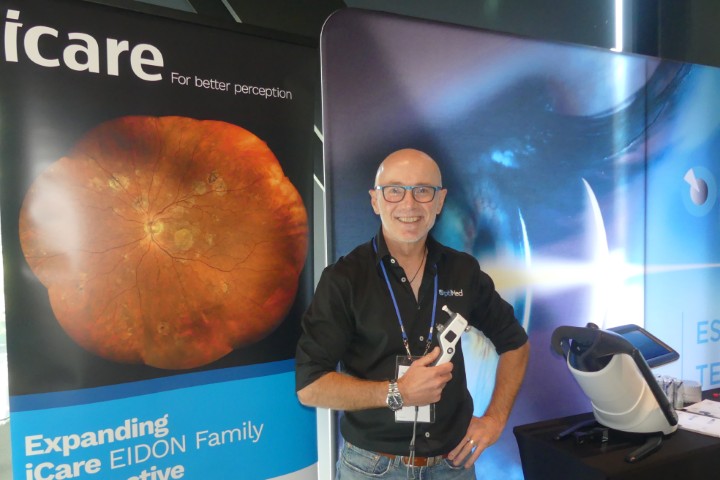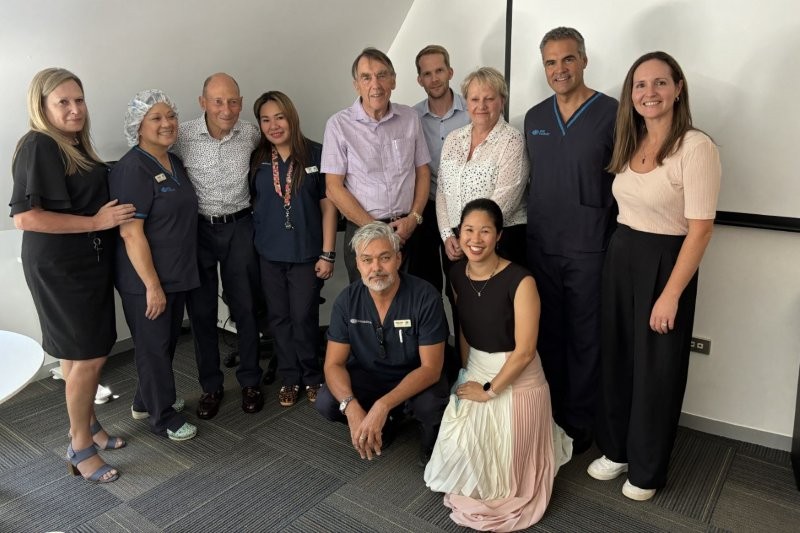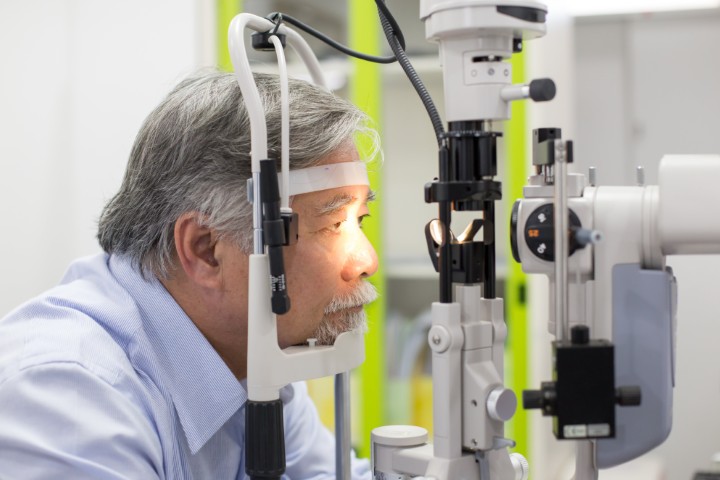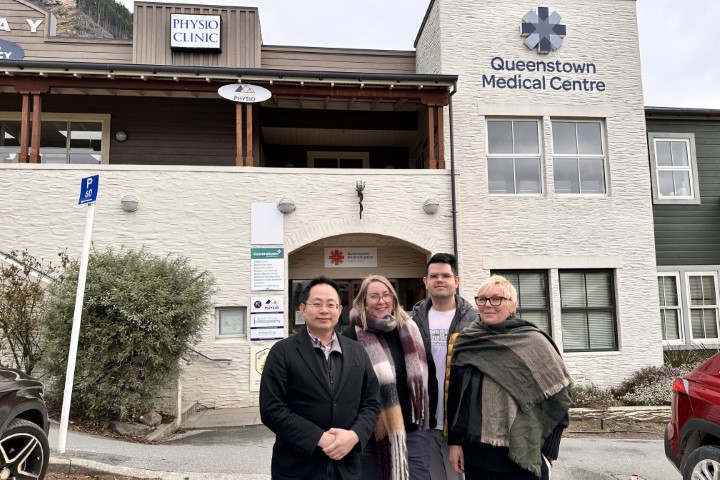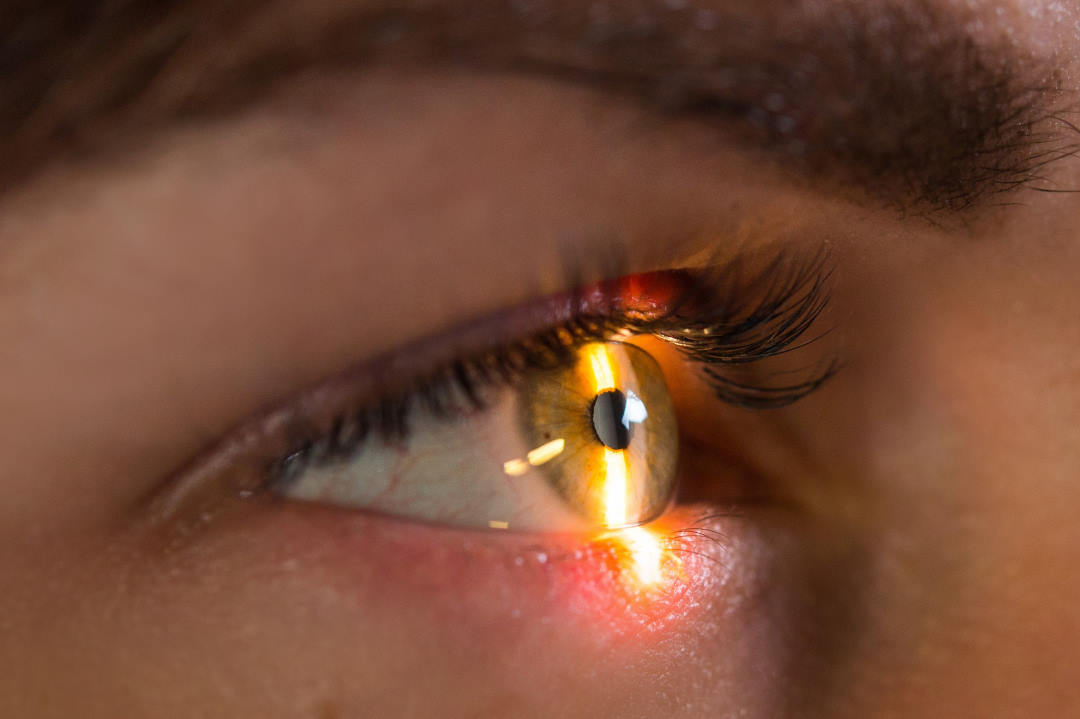Cattrax expands support
Kiwi born and bred health intelligence and eye care referral company CatTrax is poised to sign partnership agreements with two of our leading eye disease patient support charities, Macular Degeneration New Zealand (MDNZ) and Glaucoma New Zealand (GNZ).
The agreements are completely free for the charities to ensure any glaucoma or macular degeneration suspects or patients are referred to them for support as soon as they are referred for treatment by an optometrist or ophthalmologist using the CatTrax system.
“We developed CatTrax to improve eye care in New Zealand and that’s still the primary goal; to collect and share data to improve outcomes. The way to do that is to improve efficiencies for all eye care providers,” said co-founder and consultant ophthalmologist Dr James McKelvie.
Partnering with MDNZ and GNZ will improve patient education, provide valuable support networks, enhance patient outcomes and help improve quality of life for patients. All of these benefits will in turn reduce the burden on district health boards, he said. “It’s beneficial for all eye health providers and organisations to work together and CatTrax has been designed to make that happen.”
Since starting life as a cataract referral system in the Waikato, CatTrax is now being rolled out nationwide. It is in the process of deploying in the Auckland region and to several other DHBs, a move delayed only by the pandemic. CatTrax also includes a new contact tracing service* that is being provided free of charge to all eye care professionals across the country.
CatTrax maximises efficiency and reduces costs by optimising resource allocations for healthcare providers, said Dr McKelvie, resulting in more efficient treatment pathways, decreased waiting times and improved outcomes for patients. In just a few years, CatTrax has saved a cumulative total of 61,732 patient days of visual impairment, he said. “It’s also dramatically improved access for Māori patients who require cataract surgery, with referrals for Māori increasing by up to 50% in some regions.”
An updated version of CatTrax, due out later this year and including the links to GNZ and MDNZ, will also enable the co-management of glaucoma and age-related macular degeneration, according to the RANZCO guidelines. This should help improve efficiency and access to care in these areas as well, said Dr McKelvie.
MDNZ general manager Phillippa Pitcher said her organisation is looking forward to connecting with more patients through CatTrax. “Having spoken to practices that are using the system for referral purposes, I have found they are very pleased with the way it operates. For us, this will ensure patients have access to information, advice and support as soon as they need it. Awareness about this eye disease and education in the early stages of being diagnosed saves vision loss for many thousands of New Zealanders.”
*https://eyeonoptics.co.nz/articles/archive/free-contact-tracing-system-for-practices/






